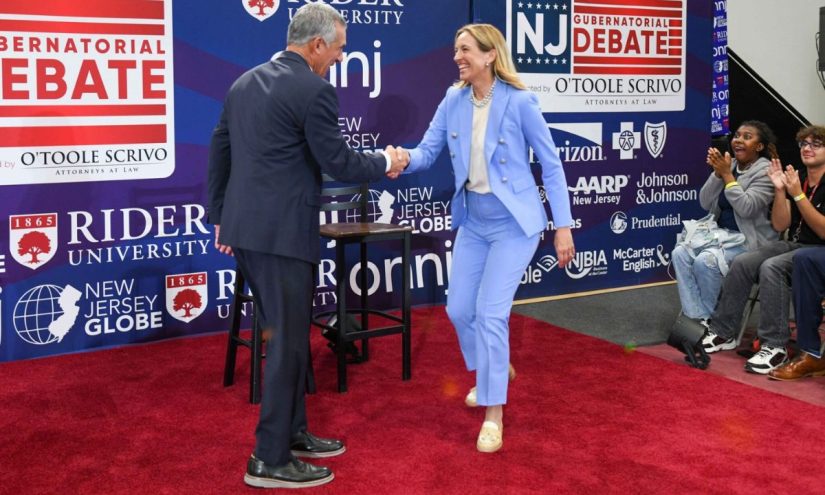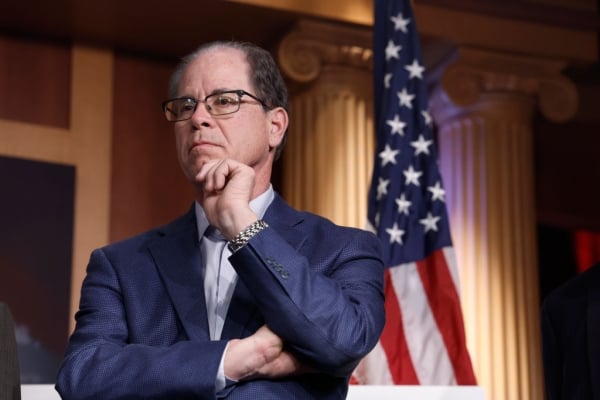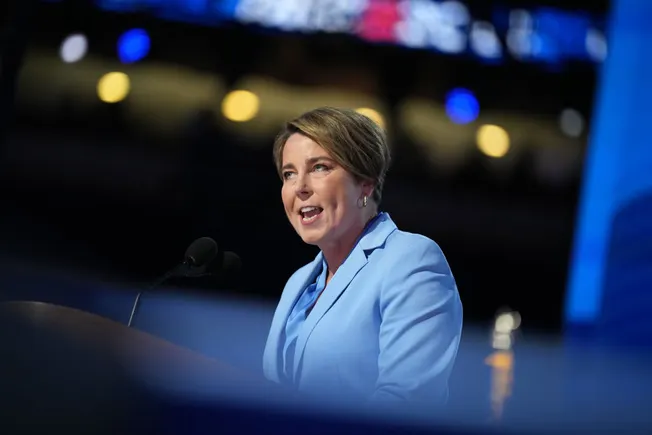Get stories like this delivered straight to your inbox. Sign up for The 74 Newsletter
In a keynote speech at the Michigan Literacy Summit, held Tuesday at the Michigan Science Center, Gov. Gretchen Whitmer said that improving literacy rates would remain her top priority in her final year as governor.
“Helping every child read is tough. It’s a worthwhile goal,” she said. “It’s a long term project that will pay off in decades, not days. It’s a team effort that requires buy-in from students, parents, teachers and policy makers.”
She referenced the increased implementation of the “science of reading” law, which she signed in October 2024, as part of this priority. That law standardized literacy teaching methods across the state and implemented regular dyslexia testing for students up to third grade. She also touted the free school breakfast and lunch program, a key piece of the state’s education budget, and funding to reduce class sizes.
Michigan currently ranks 44th in the nation for 4th grade reading skills, Whitmer said, calling it a “crisis.”
“The vast majority of people in our state agree this isn’t the fault of any one person or any one policy or any one political party,” she continued. “I know how hard every one of our educators works every day, but we’re all feeling the impact of our literacy crisis.”
State Superintendent Dr. Glenn Maleyko, who officially took over the role leading the state’s department of education on Dec. 8, introduced Whitmer to a crowd of educators and advocates, who had gathered in Detroit for the day-long event that included panels with teachers and school leadership.
“What stood out to me the most was the governor’s genuine commitment to partnership,” Maleyko said. “She understands that improving outcomes for students is not about politics, it’s about listening, working together and staying focused on what matters most.”
This was Whitmer’s first public appearance since Michigan House Republicans canceled nearly $650 million in spending for departmental projects, a move heavily criticized by Democrats as “untransparent” and “cruel”. While Whitmer’s press secretary shared similar criticism from the governor’s office, Whitmer herself has yet to make a statement on the cuts, and left the summit before speaking to the press.
Michigan Advance is part of States Newsroom, a nonprofit news network supported by grants and a coalition of donors as a 501c(3) public charity. Michigan Advance maintains editorial independence. Contact Editor Jon King for questions: [email protected].
Did you use this article in your work?
We’d love to hear how The 74’s reporting is helping educators, researchers, and policymakers. Tell us how









